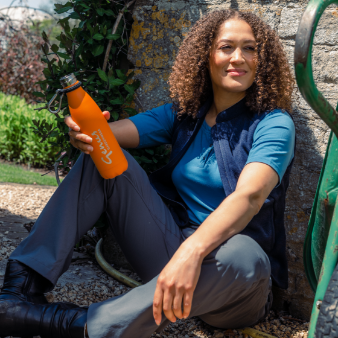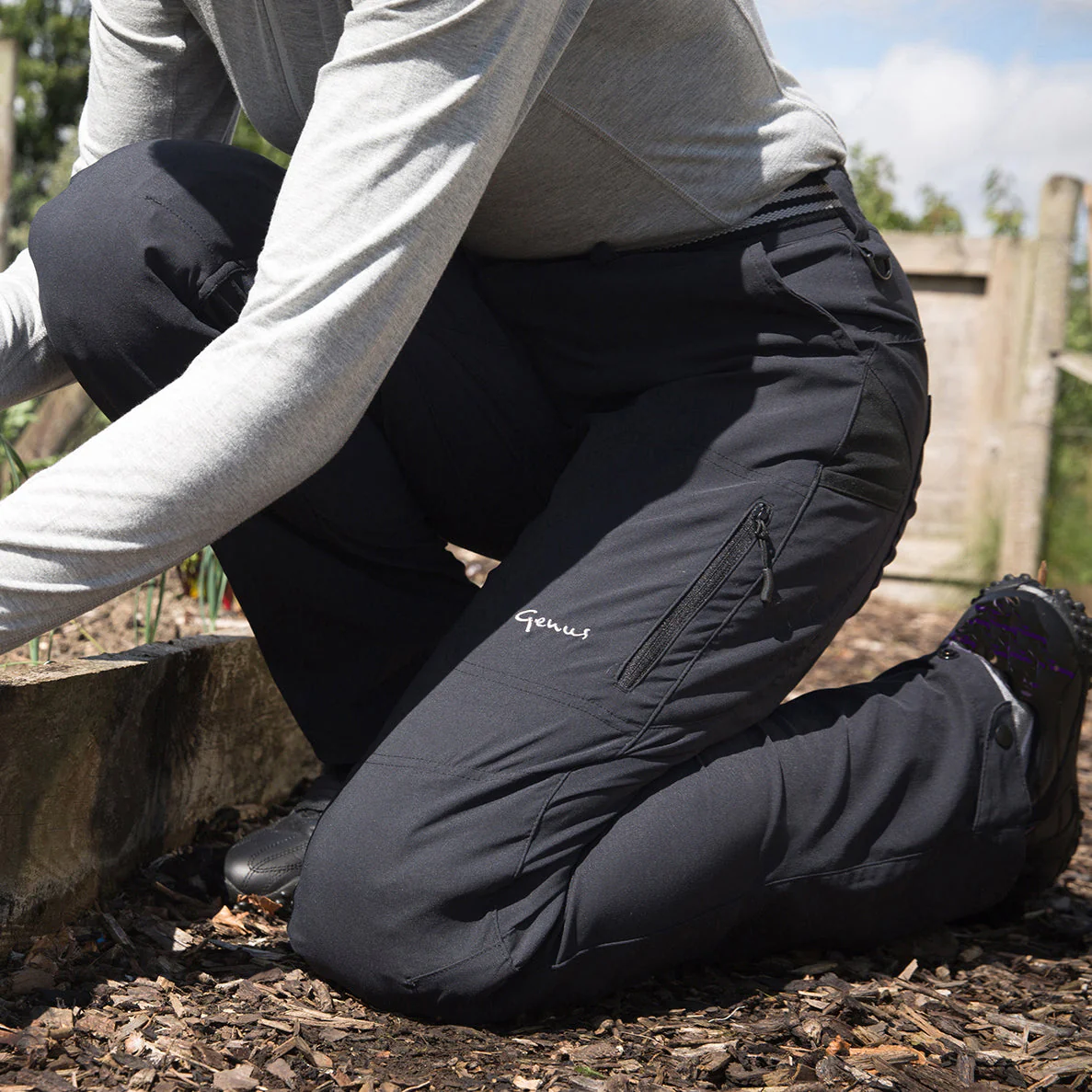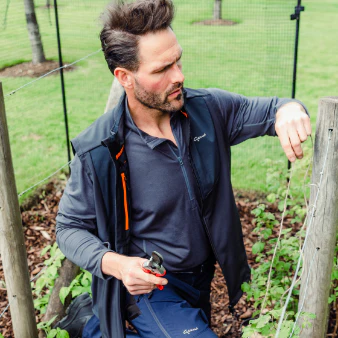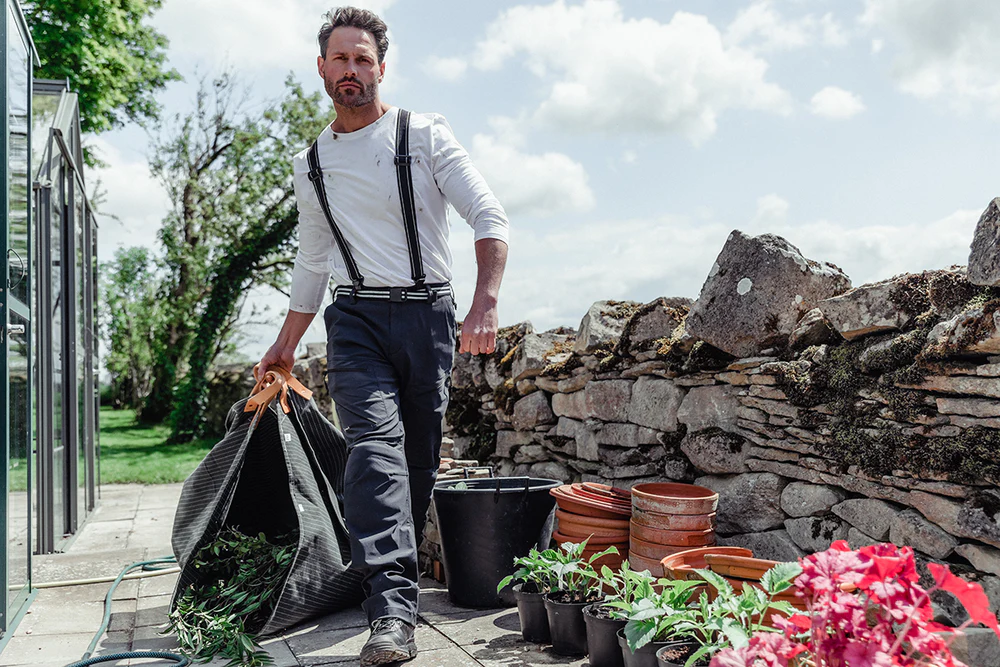Fruit Tree Blackfly

Aphids can attack fruit trees year after year if not tackled. They pierce the cell walls of leaves to suck the sap, making the leaves curl and yellow. As they feed, aphids excrete a sugary substance called honeydew which encourages a black mould to grow – it’s not a great look and can affect the cropping.
If your fruit trees have suffered with aphids, applying grease bands in the autumn will help keep ants away, which can increase aphids by moving the colonies around the tree.
After this, follow with a winter wash, a blend of fish and plant oils. In autumn females lay eggs which will overwinter in cracks in bark. The wash helps remove the dust and debris where pests have laid their eggs, larvae and nymphs of aphids laid by insects such as blackfly.
A winter tree wash can be used on most fruit trees and bushes such as apples, pears, plums and cherries. Apply it on a cool calm day between November and February when the tree is dormant. Spray the whole tree, paying particular attention to the nooks where the eggs will be hiding out. Once you've removed the eggs, nothing should hatch on the tree in the spring and the fresh leaves should stay green healthy. You’ll also have a better chance of a good crop.











